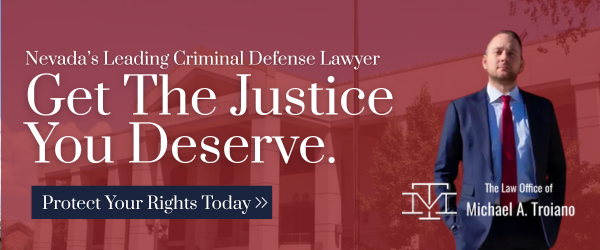 Mesquite DUI-DWI Lawyers, Nevada
Mesquite DUI-DWI Lawyers, Nevada
Sponsored Law Firm
-
 x
x

Click For More Info:
-
Hofland & Tomsheck Attorneys at Law
228 South 4th St Las Vegas,NV 89101» view mapCriminal Defense, DUI/DWI, Personal Injury Las Vegas Criminal Defense Lawyer
We know your freedom & future hang in the balance in and we take our responsibility to represent you seriously.We will do everything possible to defend you.
800-653-0570
Not enough matches for Mesquite DUI-DWI lawyer.
Below are all Mesquite lawyers.
Lawyers
1-3 of 3 matches
Corporate, Elder Law, Family Law, Employee Rights, Trusts





 Joshua Tomsheck Las Vegas,NV
Joshua Tomsheck Las Vegas,NV About UsJoshua Tomsheck
About UsJoshua Tomsheck Case ResultsWe Get Results!
Case ResultsWe Get Results!